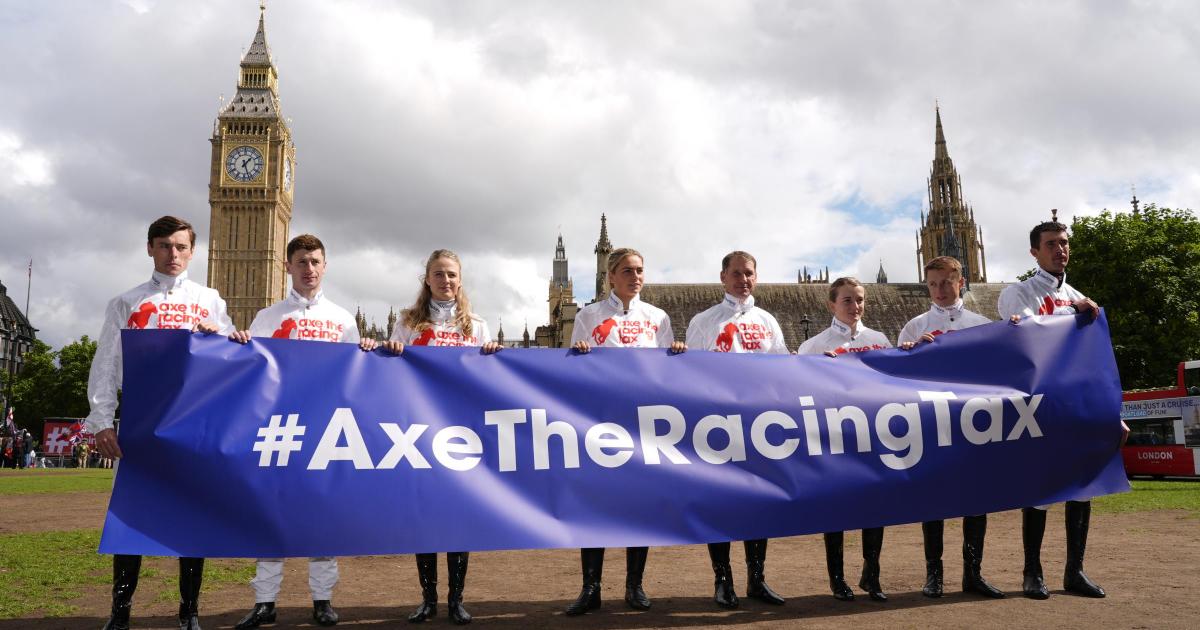The racecourse fears this could put thousands of jobs at risk and cause significant economic damage to local communities.
The concern follows a campaign by the British Horseracing Authority (BHA) against a proposed increase in betting taxes expected in the forthcoming budget.
An Ascot Racecourse spokesman said: “Any tax changes that could impact the funding of racing pose a significant risk to the sport.
“The modelling places the potential impact at £66 million a year, which would threaten thousands of jobs, from stable staff and farriers to small-town hotels and local pubs.”
It also warned that the South East of England, home to Ascot Racecourse, could be one of the worst affected regions.
Here, nearly 500 jobs could be at risk in the first year alone, with an economic impact of £52 million predicted within the first five years.
The spokesman added: “Racing is the second best attended sport in the country and at Ascot we welcome more than 500,000 people each year to our racedays, contributing huge economic benefit to the region.
“We hope that MPs and Government understand the significant benefits that events like Royal Ascot deliver to the country both on a local level and as a soft power lever for international investment into Britain.”
Millions of pounds were recently spent within the industry at the Tattersalls sales.
The saleshouse’s Book 1 yearling auction last week saw several lots purchased for over a million guineas, with more than 129 million guineas spent in total – which equates to more than £135 million in modern British currency.
These figures perhaps question the industry’s claim that racing cannot afford the proposed increase in betting taxes.
Greg Swift, director of communications and corporate affairs at the BHA, said: “We have historically had a narrative played back to us from the government that we can’t be struggling that much, particularly around Book 1 when the larger sums are spent.
“We’re mindful of that, we will contact DCMS (Department for Culture, Media and Sport) to give them the data.
“And the Treasury as well.
“It does support our argument that racing and the British breeding industry is a huge source of foreign investment into the UK, and that is vital.
“Part of the reason those sums are spent is because of the huge cachet attached to British racing and the recognition that we’re world leaders in breeding.
“The counterpoint is that the best breeding stock is being taken out of Great Britain to race elsewhere, we’ve made it very clear to the government that there are a number of reasons why foals are being taken out of the UK.
“Harmonising, even through a relatively small increase in duties on online betting on horse racing, will have a significantly damaging impact on the finances of the sport and that will then exacerbate the situation that we are talking about.”
